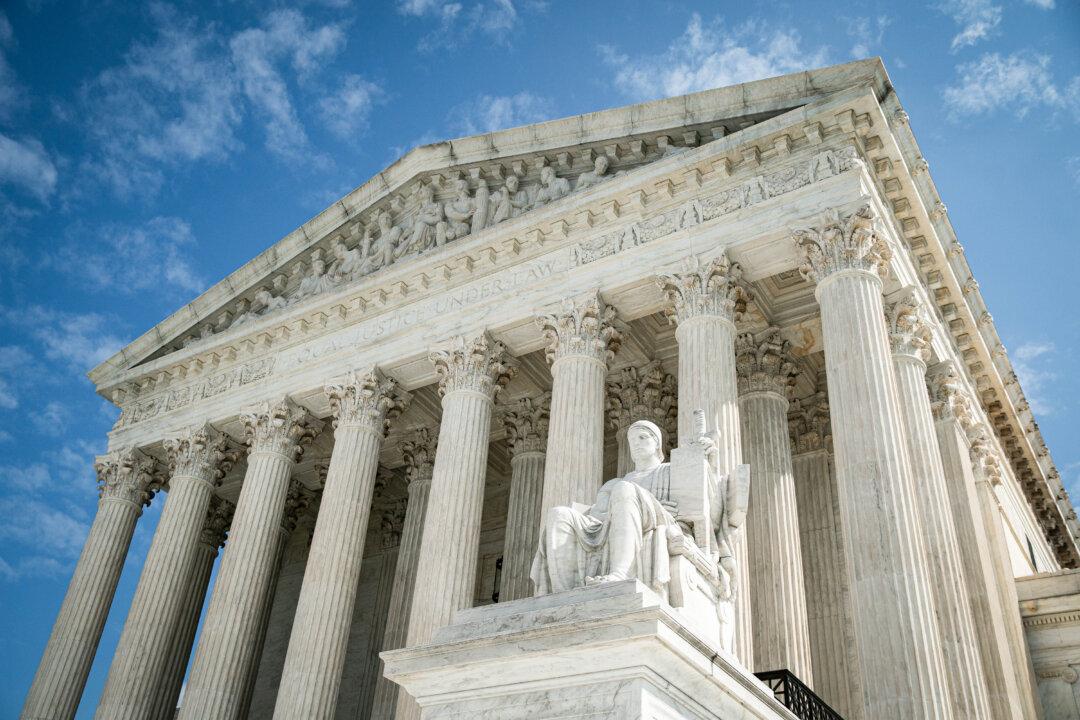The Supreme Court has scheduled several high-profile cases for oral argument in January 2024, including an important challenge to the power of the so-called administrative state.
Conservative and Republican critics have long derided the administrative state as an unelected fourth branch of government that allows bureaucrats to make regulations that exceed the wishes of Congress.





